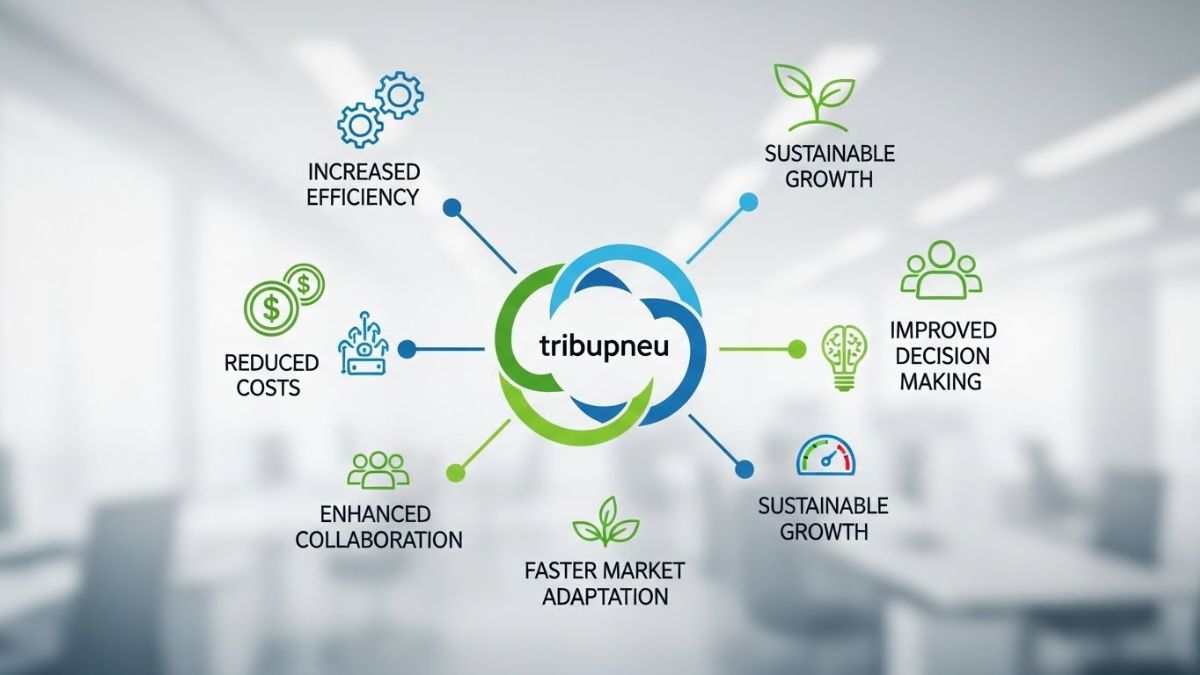In today’s competitive job market, gaining new skills and knowledge is essential to getting ahead. Whether you’re aiming for a promotion, transitioning into a new industry, or simply improving your expertise, further education can play a pivotal role in achieving those goals. With flexible options available, professionals no longer need to put their careers on hold to pursue advanced studies. Specialized programs designed to fit around busy schedules can help individuals gain new qualifications that lead to greater opportunities.
Here’s how you can get started:
Set Clear Career Goals
Success begins with direction. Without a clear set of goals, it’s easy to drift through your professional journey without making meaningful progress. Defining short-term and long-term goals will give you the roadmap to stay focused. Start by identifying what you want to achieve in the next year, five years, and even ten years. From there, break those larger ambitions into smaller, actionable steps. For example, if your goal is to move into management, set goals like gaining specific technical skills or working on communication and leadership abilities. With clear goals, you can better tailor your learning path and focus on areas that will directly support your growth.
Invest in Continuous Learning
The path to professional growth isn’t static. It requires constant evolution. Investing in your ongoing education helps ensure that you stay relevant and capable of handling new challenges. Beyond the basics, the more you expand your skill set, the more doors you can open. For professionals aiming for greater responsibilities or leadership roles, enrolling in an advanced program can provide the knowledge and tools necessary to succeed.
An effective approach to continuous learning can include specialized courses and certifications that align with your career ambitions. For example, comprehensive online accredited MBA programs equip individuals with essential skills across various business functions. With the flexibility of modern formats, you can advance your expertise without sacrificing your professional commitments. This type of program is an excellent option for those seeking to develop leadership, strategy, and operations skills, which are key areas that help professionals excel in higher-level roles.
Gain Practical Experience Alongside Education
Theory is important, but practice is where real learning happens. Gaining practical experience while continuing to study can significantly boost your employability. Look for opportunities to apply what you learn in a real-world context. This might mean taking on internships, freelance projects, or part-time positions related to your field. If you’re already employed, seek out special projects within your organization that align with your educational goals. By doing this, you build on your theoretical knowledge and gain the confidence needed to navigate more complex situations. Real experience will make you more marketable as employers seek candidates who are ready to make an impact from day one.
Build a Strong Professional Network
Who you know can often be just as important as what you know. Networking is an integral part of career progression, and the relationships you build can open doors to new opportunities. Start by engaging with colleagues, mentors, and industry professionals. Attend events, whether in-person or virtual, to meet others in your field and learn from their experiences. Online platforms like LinkedIn also offer excellent opportunities to connect with thought leaders and fellow professionals. Don’t just collect connections—actively nurture them. A strong network gives you access to job leads and career advice and offers a support system as you advance through your professional journey.
Seek Leadership Opportunities Early On In Your Career
Leadership doesn’t always come with a title. Taking the initiative in your current role, even on smaller projects, is a great way to demonstrate your leadership potential. Volunteer to lead team meetings, manage projects, or coordinate tasks that allow you to develop essential managerial skills. These responsibilities will help you build confidence in your decision-making and communication abilities. In addition, employers will recognize your proactive approach, which can help you move into leadership roles more quickly. If leadership opportunities are not immediately available within your current position, look outside your job. Volunteering for leadership roles in community organizations or industry groups can also give you valuable experience.
Improve Soft Skills
In today’s workplace, technical expertise is crucial, but soft skills often set top performers apart from the rest. These include communication, emotional intelligence, problem-solving, teamwork, and adaptability. While technical skills can be taught through courses, soft skills are honed through real-world interactions. For instance, developing strong communication skills can improve how you express ideas, provide feedback, and collaborate with teams. Emotional intelligence helps you manage interpersonal relationships, fostering a positive work environment. To improve soft skills, actively seek feedback from colleagues and supervisors, engage in self-reflection, and take on roles that require teamwork or leadership. The more you focus on enhancing these areas, the more valuable you become to any organization.
Accelerating your professional journey involves a mix of focused education, practical experience, and continuous self-improvement. By setting clear goals, investing in your learning, seeking hands-on experience, and building strong relationships, you can make strides toward achieving your career objectives. Remember, leadership opportunities, soft skills, and strong time management are just as crucial as technical expertise regarding professional success. Stay persistent and patient, knowing that progress takes time, and always look for ways to expand your knowledge and network. Whether through mentorship or further studies, your commitment to growth will help you reach new heights in your profession.















